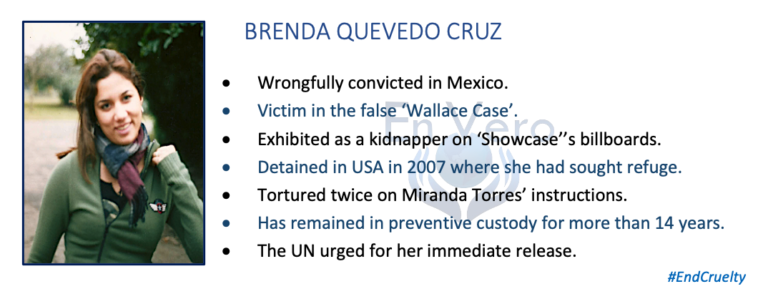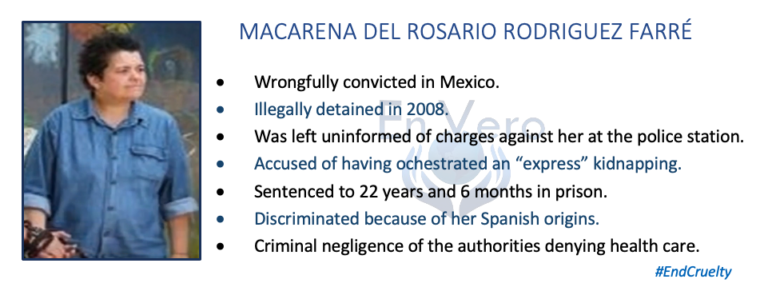Source: Seattle Weekly
Author: Raechel Dawson
Nov. 29, 2019 (Original publication on Oct. 20, 2017)
‘The Confession Tapes’ Re-Opens the Triple-Murder Case of Sebastian Burns and Atif Rafay
King County prosecutor Dan Satterberg says the show is bunk. The creators disagree.
Some may remember the triple homicide that shook Bellevue’s Somerset Hill in 1994.
Others may have just learned about the crime through the recently released Netflix docu-series, “The Confession Tapes.”
The documentary-style, multi-episode, “true crime” series begins with two episodes titled “True East,” and are dedicated to the Rafay murders. The episodes introduce viewers to the “Mr. Big” technique used by the Royal Canadian Mounted Police – Canadian-equivalent to the FBI – and brings in a Mr. Big expert to analyze what led to the incarceration of Atif Rafay and Sebastian Burns, who were teenagers at the time of the murders.
“True East” begins with Burns being encouraged to confess in a hotel room. Then, minutes later, his troubled voice. It’s 2:01 a.m., July 13, 1994, and he had just called 911 to report the death of his friend Atif Rafay’s parents Tariq and Sultana, and his sister, Basma, at their new home.
All three family members had been bludgeoned to death.
The Rafay family had recently moved to Bellevue from Vancouver, B.C. when the brutal murders occurred. Burns and Atif Rafay were staying at the house and visiting the Rafay family during a break from college.
On the night of the murders, the two young men claim they ate dinner at The Keg before watching the “Lion King” at the old Factoria Cinemas. They capped their night with a meal at a diner in Seattle after going out to a Seattle club, they said.
And although they would later volunteer a supposed confessionin a Canadian hotel, which led to their conviction and prison sentencing after a six-month trial in 2004, the makers of “The Confession Tapes” aren’t convinced.
“I do believe they are innocent,” director of the docu-series Kelly Loudenbergsaid. “I believe they’re innocent because this was a false confession and there’s no forensic evidence pointing to the fact that they did it, not to mention they had an alibi and there were so many reasons why they’re innocent.”
Yet, Burns and Atif Rafay have already served more than 20 years. Burns has exhausted all of his appeals and Atif Rafay is on his last one.
“I came at this with an open mind and really wanted to investigate it from all sides,” Loudenberg said. “I did that and then, at the end of the day, I came to my own conclusions about that and their innocence.”
Those conclusions are heavily detailed in “True East.” In the episodes, viewers peak into interviews from Bob Thompson, a Bellevue detective; James Jude Konat, the senior prosecutor; Dave Burns, Sebastian Burns’ father; Ken Klonsky, a wrongful convictions scholar; Brian Hutchinson, a Canadian reporter; Loretta Fisher, Atif Rafay’s wife; Jason Saunders, an appellate attorney; John Everston, a juror who convicted them; and Michael Levine, a Mr. Big expert, among many others.
On the night of the murder, Bellevue police questioned the two young men, but didn’t arrest them. Instead, they put them up in a hotel with pagers, contact information and told them to get some sleep. Thompson, the Bellevue detective, said in the documentary they acted strange. He said something was not quite right and questioned their alibis.
When the two 19-year-olds left to return to Canada after the murders, news broke that they had “fled.” When Atif Rafay missed his family’s memorial at a Northgate mosque, and he was video-taped laughing, all hell broke loose.
Atif Rafay claims he wasn’t informed of the memorial, and Klonsky, the wrongful convictions scholar, explains in the documentary that the two were “goofballs in shock.”
With the two in Canada, the Royal Canadian Mounted Police, also called the RCMP, began an investigation. Although illegal in the United States, the RCMP wire tapped their house without their knowledge and began a months-long tactic called the Mr. Big technique, in which undercover police disguise themselves as criminals. These “criminals” then befriended the suspects, claimed they knew their “secret” and developed a fabricated scenario in order to get the suspects to confess.
Included in their scheme was a fake memo from Bellevue police claiming they had forensic evidence that implicated the suspects.
“They were highly coercive and I don’t think it should be have been allowed in a U.S. court, and I think it should also be taken into account their age,” Loudenberg said of the then-19 year olds. “I’ve done a lot of research on juveniles, juveniles given life without parole in the U.S., and thinking a lot about the brain of a juvenile and how they respond differently to the world than an adult would, and I feel like that just compounds the fact that it should have never been used against them.”
Loudenberg began researching cases for “The Confession Tapes” a year before she brought it to Netflix, but she didn’t find this case until the end of that year.
She said she found out about it through a false confessions expert, Richard Leo, who was going to testify in the case, but was ultimately excluded from the trial.
Loudenberg said she didn’t know “True East” would go on to lead her series, but she ended up spending so much time researching, traveling and submitting Freedom of Information Act requests, that it ended up being one of her biggest cases.
“It was so much to sort through, but we had a big team and we just started to sort through it, to make sense of it,” she said. “We did talk with a lot of people who are not in the film – legal scholars, experts in Canada on Mr. Big, journalists, and other family members – I think we talked to Atif’s family at one point. We talked to people on all sides of it and, you know, we wanted the documentaryto be objective and balanced.”
But the King County Prosecutor’s Office feels otherwise.
In a statement released Sept. 20, Daniel T. Satterberg’s office said the two episodes totalling 90 minutes “do not present a full or fair account of the crime, the defendants’ confessions, or the evidence presented at the six-month trial. Although the focus of the episodes is on the allegedly false confessions, most of the confessions (which were recorded on audio and videotape) are neither played nor described,” they said.
“Moreover, the show does not even mention that Burns testified at trial, and the jury was able to directly evaluate his claim that he did not commit the murders. Evidence that is contrary to the false confession claim is simply omitted from the program.”
The prosecutor’s office says that not only was evidence omitted, but Burnssought out the undercover officers and “repeatedly expressed his willingness to engage in a variety of criminal acts, which he believed he was committing on behalf of a criminal organization.”
In addition, Atif Rafay and Burns’ friend Jimmy Miyoshi, who testified at their trial against them, admitted that he knew of their plans to commit the murders and that the motive was financial.
Loudenberg said she has the entire interrogation of Miyoshi and said what was left out of the prosecutor’s office’s statement was the RCMP’s threat against Myoshi with 99 years in prison and even a suggestion of the death penalty if he didn’t give evidence against his friends.
“I don’t put any weight at all in what Miyoshi said,” Loudenberg said. “Miyoshi was put between a rock and a hard place and ultimately ended up testifying against his friends and lying on the stand.”
As for forensic evidence? The prosecutor’s office said “The Confession Tapes” left some out.
Loudenberg said she doesn’t know what they’re talking about, “because there is no forensic evidence against them.”
“To the contrary, there was a pubic hair found in Mr. Rafay’s bed, in Tariq Rafay’s bed, and at first they initially asserted the public hair found in Mr. Rafay’s bed was certainly left there by the killer and, after it was found not to match any of the Rafays, nor Sebastian Burns, they dismissed it as a stray,” she said. “It didn’t belong to Sebastian, ergo it was irrelevant.”
Instead, “The Confession Tapes’” and the “True East” episodes make the case that extremist group al-Fuqracould be viable suspects for the killing of the Rafay family because of Tariq Rafay’s research on the true angular degree in which Muslimsshould pray, hence the title “True East.” His research called into question an entire religion’s practice.
But, whether Bellevue residents believe in alternative theories or if Atif Rafay or Burns gave false confessions, Loudenberg thinks people should look into the case for themselves.Raechel Dawson
“When I started looking into this I was like, ‘Wow, truth is stranger than fiction.’ You know?,” she said. “… So I’m just glad to give the public another side.”
To watch “The Confession Tapes,” visit Netflix at www.netflix.com.




